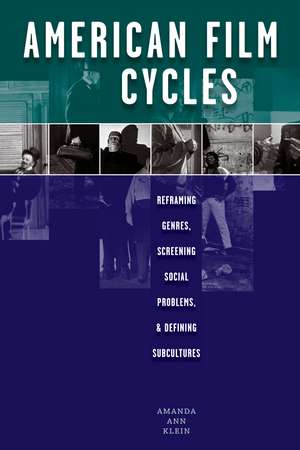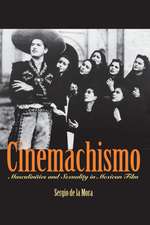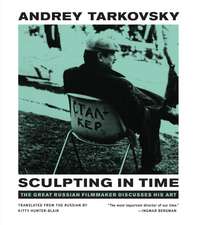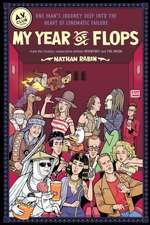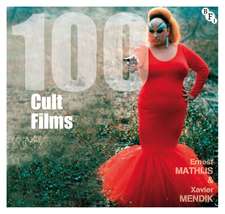American Film Cycles: Reframing Genres, Screening Social Problems, and Defining Subcultures
Autor Amanda Ann Kleinen Limba Engleză Paperback – dec 2011
American Film Cycles presents a series of case studies of successful film cycles, including the melodramatic gangster films of the 1920s, the 1930s Dead End Kids cycle, the 1950s juvenile delinquent teenpic cycle, and the 1990s ghetto action cycle. Klein situates these films in several historical trajectories—the Progressive movement of the 1910s and 1920s, the beginnings of America's involvement in World War II, the "birth" of the teenager in the 1950s, and the drug and gangbanger crises of the early 1990s. She shows how filmmakers, audiences, film reviewers, advertisements, and cultural discourses interact with and have an impact on the film texts. Her findings illustrate the utility of the film cycle in broadening our understanding of established film genres, articulating and building upon beliefs about contemporary social problems, shaping and disseminating deviant subcultures, and exploiting and reflecting upon racial and political upheaval.
Preț: 197.75 lei
Nou
Puncte Express: 297
Preț estimativ în valută:
37.84€ • 39.61$ • 31.49£
37.84€ • 39.61$ • 31.49£
Carte tipărită la comandă
Livrare economică 31 martie-14 aprilie
Preluare comenzi: 021 569.72.76
Specificații
ISBN-13: 9780292747609
ISBN-10: 0292747608
Pagini: 255
Ilustrații: 45 b&w photos
Dimensiuni: 152 x 229 x 15 mm
Greutate: 0.31 kg
Ediția:1
Editura: University of Texas Press
Colecția University of Texas Press
ISBN-10: 0292747608
Pagini: 255
Ilustrații: 45 b&w photos
Dimensiuni: 152 x 229 x 15 mm
Greutate: 0.31 kg
Ediția:1
Editura: University of Texas Press
Colecția University of Texas Press
Notă biografică
Amanda Ann Klein is Associate Professor of Film Studies in the English Department of East Carolina University.
Cuprins
- Acknowledgments
- Introduction. Love at First Sight
- Chapter 1. Real Gangsters Do Cry: A Cyclical Approach to Film Genres
- Chapter 2. Real Gangsters Do Cry: Understanding How Film Cycles Change over Time
- Chapter 3. I Was a Teenage Film Cycle: The Relationship between Youth Subcultures and Film Cycles
- Chapter 4. Not Only Screen But the Projector as Well: The Relationship between Race and Film Cycles
- Conclusion. Love, Disdain, and the Future of Cycle Studies
- Appendix. Selected Filmographies
- Notes
- Bibliography
- Index
Recenzii
One sign of a successful work of scholarship is, oddly enough, that it inspires readers to think about other things, drawing connections from the book’s topics to issues that might be more within the reader’s own frame of reference and research interests. Thus American Film Cycles is a great book to think with, making a convincing case for the importance of cycles in film history beyond just her particular case studies, and highlighting how the study of cycles can strengthen our understanding of a range of issues, including cultural representations, taboo topics, censorship, production strategies, and fan subcultures. In short, Klein’s engagingly-written book should become a must-read for scholars and students interested in film history and the role of genre, and will hopefully inspire further explorations of cycles as a vital aspect of understanding film and media.
But as a work in its own right, American Film Cycles is plenty compelling….It is Klein’s achievement to not only suggest a new evolutionary model for the way topical movies operate, but also to sketch a plausible symbiosis between movies, studios, and audiences that offers fresh insights into both the film industry and the larger society. It remains for other writers to pick up her example, and apply to it additional film cycles, moving beyond the current author’s necessary limited focus on films dealing with the fears and fascinations of American urban life.
Descriere
Exploring how political sentiments, popular desires, and social anxieties have been reflected in movies from the Dead End Kids serial to the ghetto action flicks of the 1990s, this book offers the first full-length study of the American film cycle and its
